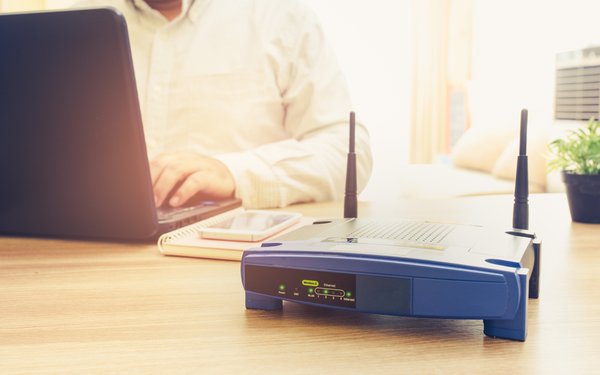
More than 24 million Americans lack access to
wireline broadband service, the Federal Communications Commission said late last week in its official report on
the state of broadband.
The report found that people in rural areas were especially likely to lack high-speed connections: Only 69% of people living in rural America have access to internet
service of at least 25 Mbps downstream and 3 Mbps upstream -- the FCC's definition of broadband.
Those figures, based on data collected in 2016, reflect an increase in broadband deployment
from prior years. In 2015, approximately 33 million Americans lacked access to high-speed broadband, according to the FCC's report.
The FCC concluded that it is "encouraging the deployment on
a reasonable and timely basis of advanced telecommunications capability to all Americans," despite the lack of universally available service.
advertisement
advertisement
The agency's two Democrats dissented from the
report. "Instead of evaluating how close we are to connecting all Americans, this report now measures progress by comparing deployment in the present year to deployment in previous years,"
Commissioner Mignon Clyburn stated. "I am blown away that what is supposed to provide a comprehensive
analysis of broadband deployment to all Americans -- particularly those living in rural and Tribal lands -- instead creates a new measurement of progress and misinterprets Congressional intent in
order to declare 'Mission Accomplished.'"
"This report concludes that in the United States the deployment of broadband to all Americans is reasonable and timely. This is ridiculous -- and
irresponsible," Commissioner Jessica Rosenworcel stated. "Today there are 24 million Americans
without access to broadband. ... Ask any one of them if they think the deployment of the most essential digital age infrastructure is reasonable and timely and you will get a resounding 'No.'"
She also called for the FCC to "go big" and redefine broadband as 100 Mbps. "At this speed when you factor in price the United States ranks only 26th in the world," she stated. Our unwillingness to
own up to this here has consequences -- we shortchange our children, our future, and our digital economy."